It is with no doubt that engineers play an essential role in supporting humanity.
However, for some professionals like Spyros Schismenos, engineers need to build for humanity first and use the engineering profession to affect positive change for marginalised communities around the world.
Born and raised n Agrinion, Greece, Spyros started globetrotting as soon as he finished his studies.
“I travelled abroad to ‘see’ the world. During my travels I saw the beauty of many wonderful places and cultures, but also the devastation of natural disasters and humanitarian crises,” he tells The Greek Herald.
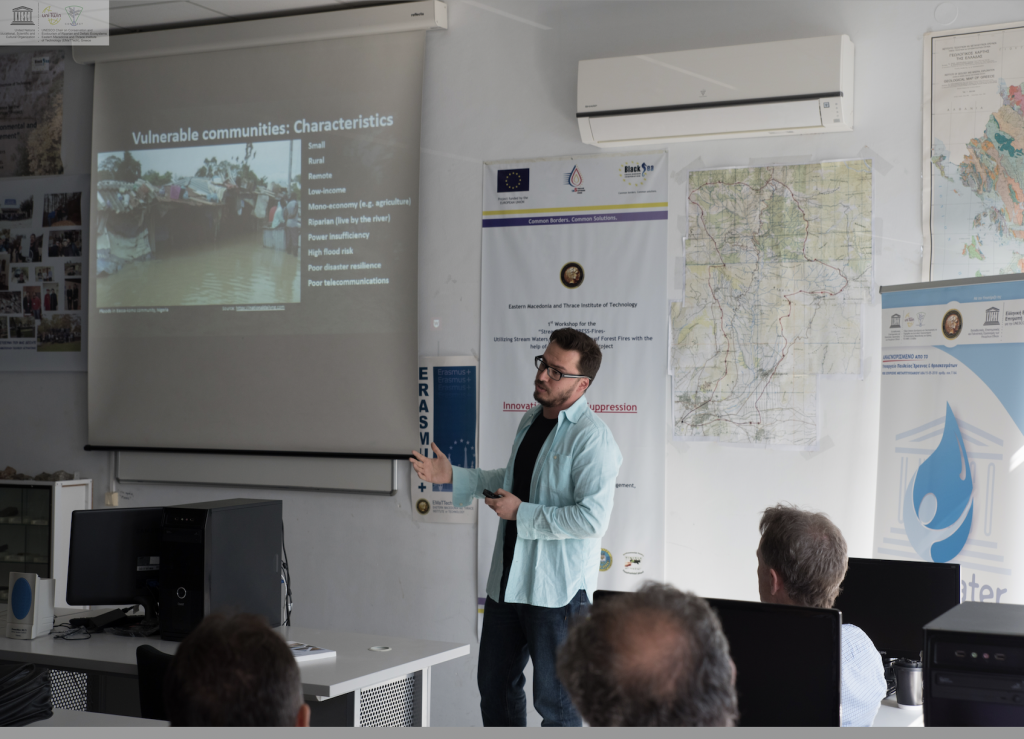
“This was when I first felt the obligation to use my skills to help people and build a better world. I decided to focus on disaster management, so I became a researcher at the National Yunlin University of Science and Technology in Taiwan.”
After that Spyro went to Los Angeles, California where he created his own company under the name “My Safety Approved” in order contribute to humanitarian, developmental and environmental initiatives.
“In 2019, I came to Australia to pursue my PhD in Humanitarian Engineering and I’ve been here ever since,” Spyro says as he explains what Humanitarian Engineering is about and how he finds purpose in solving problems in complex, often life-threatening situations, while significantly enhancing lives.
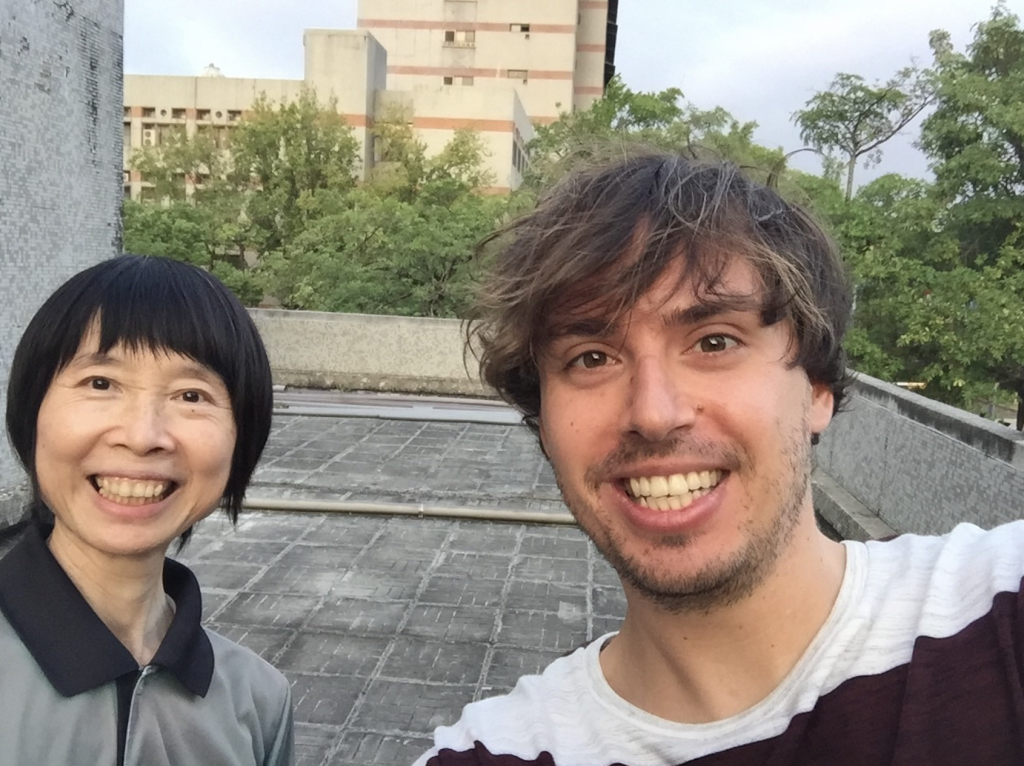
TGH: As a Research Assistant and PhD Fellow at School of Social Sciences at Western Sydney University you are currently working on Humanitarian Engineering projects with and for communities across the world. What is Humanitarian Engineering all about?
Humanitarian Engineering involves the design, building, and use of machines and structures to assist communities at risk. It addresses the challenge whereby other engineers might focus exclusively on the ’hardware’ and fail to effectively support communities and their priority needs.
TGH: Where does your passion for Humanitarian Engineering stem from?
It stems from a sense of duty to improve people’s quality of life by understanding their needs through active listening and collaboration, and to create and implement sustainable engineering solutions.
TGH: At the moment you are working on a project in collaboration with communities in Nepal and Drama, north-eastern Greece. Can you give us some more information about this project?
My team consists of professionals from the Humanitarian and Development Research Initiative (HADRI) at Western Sydney University in Australia, International Hellenic University and their UNESCO Chair in Greece, and Kathmandu University in Nepal. We collaborate with Aggitis, Drama in Greece and Dhuskun in Nepal.
Though seemingly different, these communities share many similarities. For example, they both face floods which can damage properties and farms. They also experience power failures which can cause problems in evacuation or worse, sometimes result in fatalities.
In order to support these communities, I have developed a prototype called HYDRA (Hydropower for Disaster Resilience Applications). HYDRA is a small hydropower system combined with flood warnings. It can power some ‘everyday’ energy needs, such as public lights, a school or a small hospital.
In case of floods, its sirens warn people to evacuate, while the produced energy is directed to emergency lights and routes. This can help to save lives, particularly the elderly and people with reduced mobility.
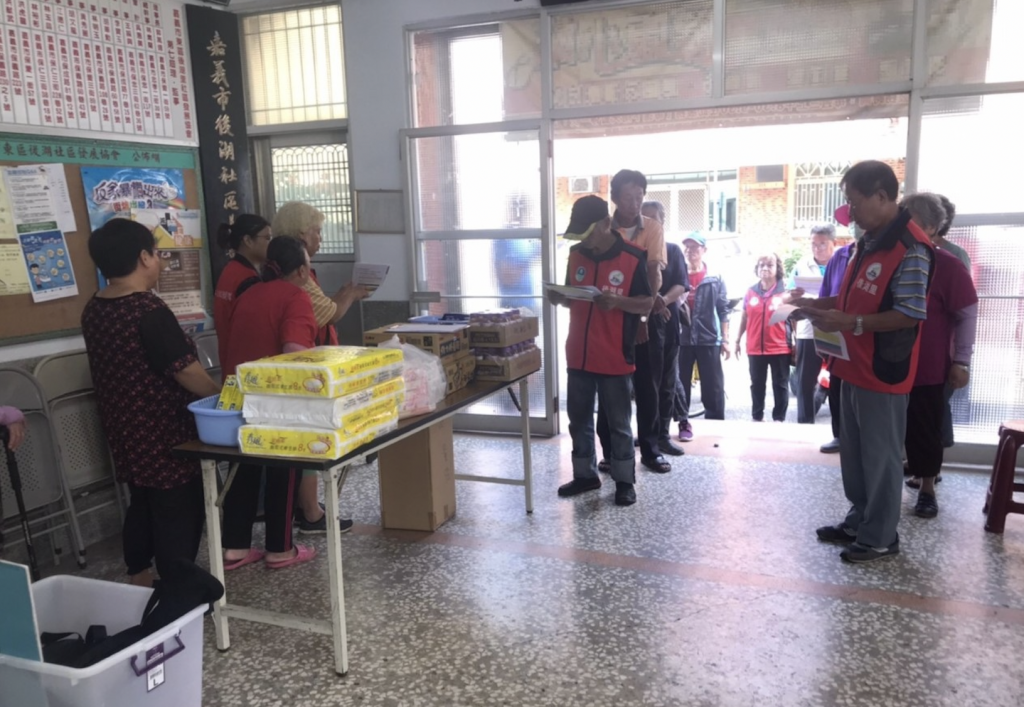
TGH: Does COVID-19, the natural disasters we see around the world and conflict affect your sector? If so in what way?
Absolutely. Humanitarian and developmental workers are always on the move, because unfortunately, disasters are always happening. For example, we now have the huge humanitarian crisis in Afghanistan, the megafires in Greece, and the severe floods in Germany and China. The pandemic worsens things because it limits transportation of resources and human engagement.
Personally, COVID-19 has only slightly delayed my progress. That is because I’ve had great success engaging with communities remotely. I could do most of my work online, while our local partners in Aggitis and Dhuskun helped me with the necessary on-site activities.
TGH: Do governments invest enough in disaster preparedness and recovery?
In 2015, the United Nations endorsed two very important initiatives, the Sustainable Development Goals, and the Sendai Framework for Disaster Risk Reduction. Since then, governments have invested substantial funds in disaster management.
Now, you may ask me “and is it working?” Perhaps not as much as we wanted it to.
The impacts of climate change are a lot more concerning than we expected and thus, further action needs to be taken. Of course, this is not solely the governments’ responsibility. As individuals, we also need to develop environmental awareness and learn how to become more resilient at the local level.
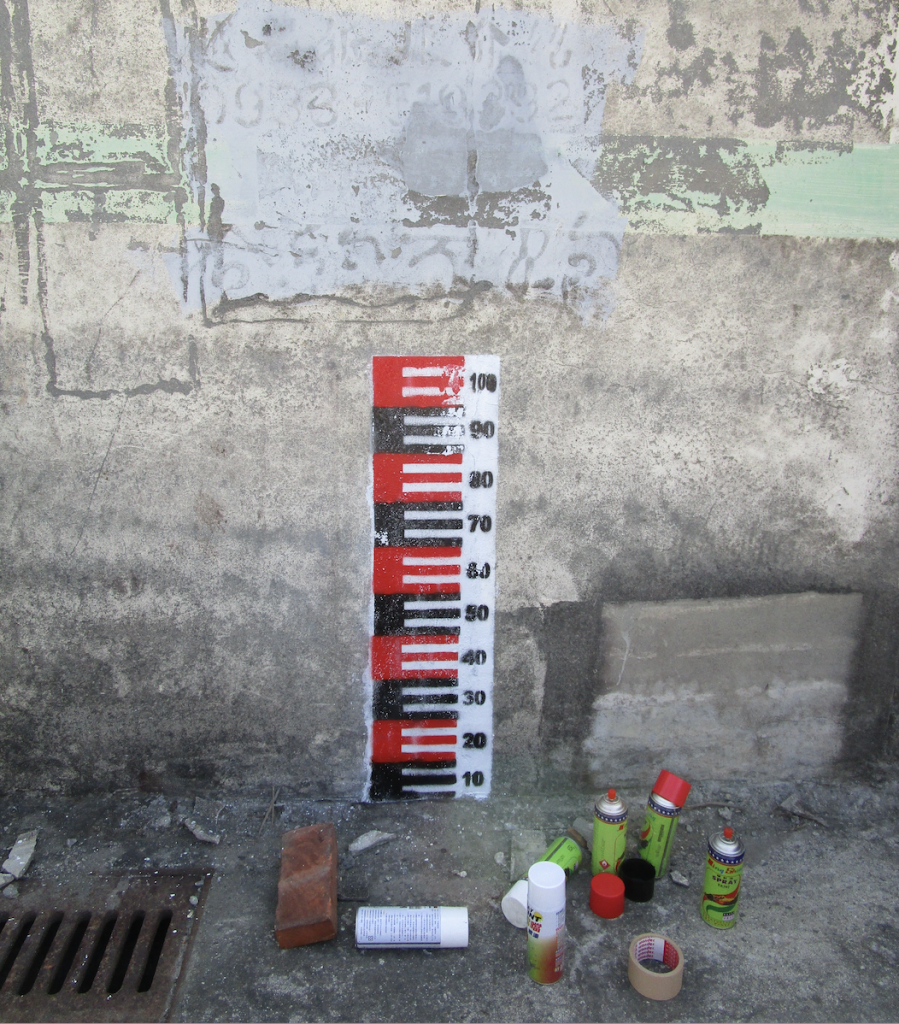
TGH: You have lived in various countries around the world. Which one was your favourite and why?
Each country I have lived is unique and changed the way I see the world and the people in it. Even though I don’t currently live in Greece, my home country is always in my heart and mind, and I get very emotional when I go back to visit my family.
As for Australia, this is my home away from home. My supervisors, colleagues and friends give me all the support I need to keep going. I’ve also felt the love and care from some of the Greek-Australians in Sydney who are very supportive and interested in my research and personal wellbeing.
TGH: What have you gained from your interaction with people of the various different communities?
Meeting new people of different cultures and communities is the best experience one can gain in life. You learn to respect others, listen and think. It has truly made me who I am today.
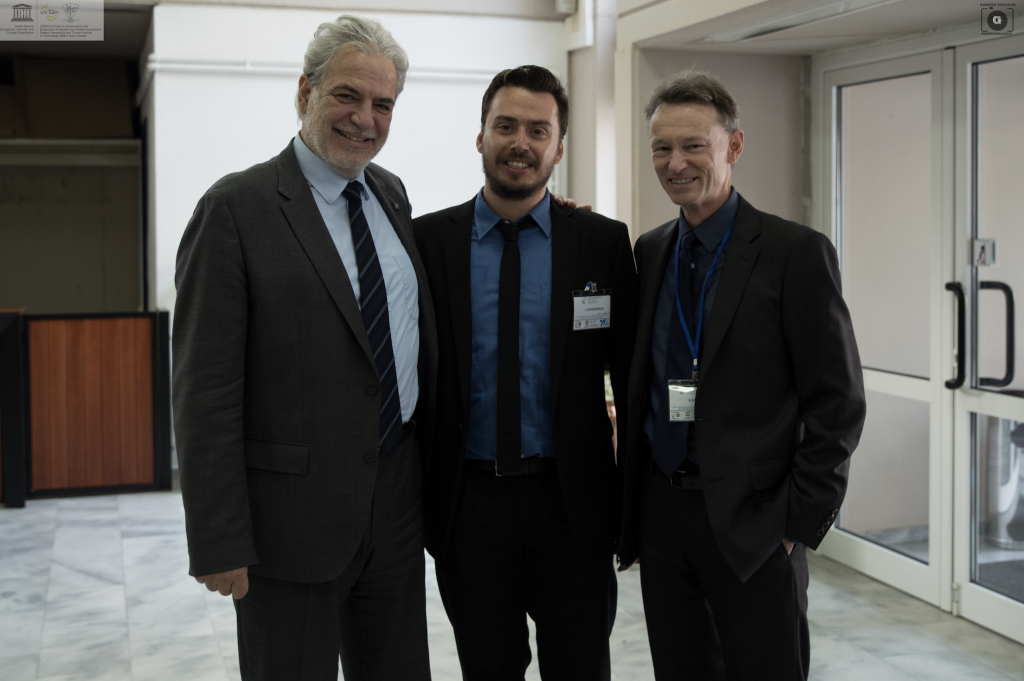
TGH: What is a favourite Greek value you always apply in your work?
If I had to choose only one, that would be justice because it encompasses many other values such as respect for diversity and equity. My work in low-income countries is a form of resource equity and justice. This value is very important for me, not only for my work but for the way I live my life as well.
TGH: What does the future look like for you?
After my PhD graduation, which is soon, I will continue working in Humanitarian Engineering and improving HYDRA. I should mention that HYDRA is gaining increasing traction in other communities in Guatemala, Brazil, South Korea, with possible collaboration opportunities.
In Australia, it has received two awards, the 2019 Amplify AMP Ignite Finalist Award and the 2019 Western Sydney University Dean’s Award (Research Training Program Scholarship).
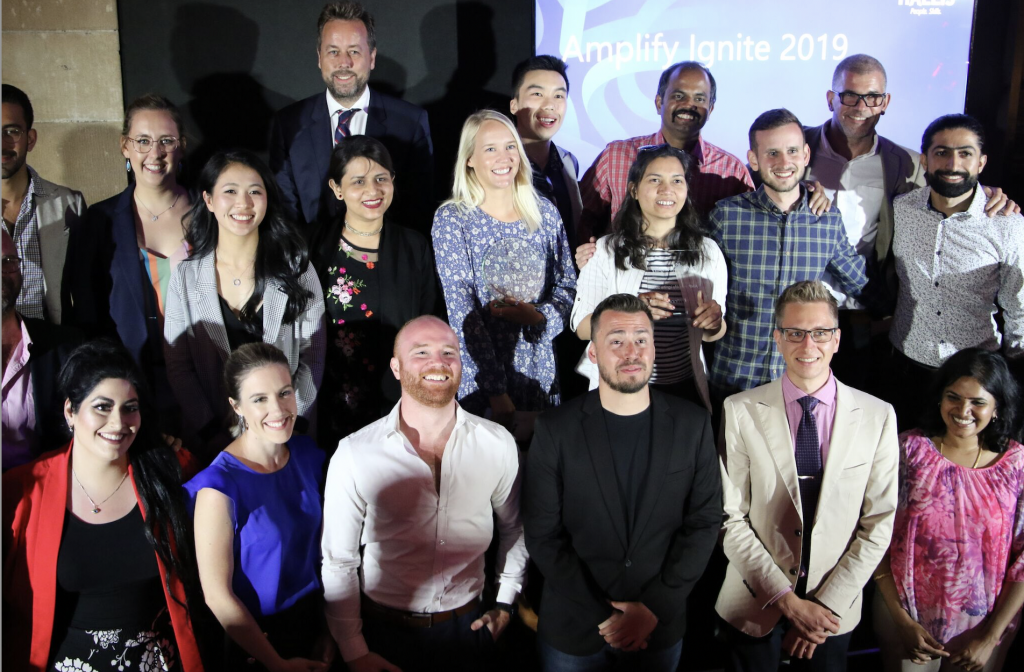
TGH: What do you advise those thinking about taking their skills in engineering into the humanitarian world?
Disasters will always occur, and people should do their best to protect the most vulnerable populations. Humanitarian Engineering is a ‘game changer’ in the field because it links both disaster management and sustainable development.
You don’t have to be highly skilled or trained to employ humanitarian values in your work and become a humanitarian engineer. All you need to do is listen and learn how to collaborate with those you want to help.


